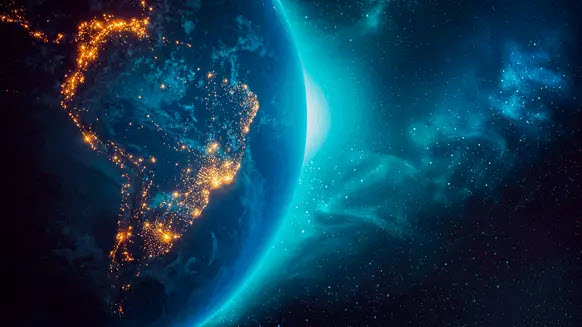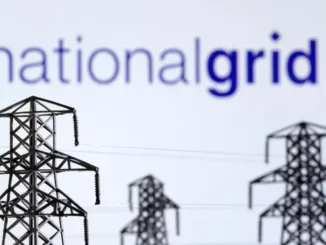
Essay by Eric Worrall
Queen Elizabeth II, beloved by millions, had sadly passed. Climate champion Prince Charles is now King. But Jacob Ress-Mogg wants “every last drop” of oil and gas extracted from the North Sea.
Jacob Rees-Mogg: Climate change concern over new energy policy chief
Jacob Rees-Mogg, who now oversees the UK government department responsible for energy and climate change, recently called to extract “every last drop” of oil and gas from the North Sea
ENVIRONMENT ANALYSIS 7 September 2022By Adam Vaughan
The new UK prime minister, Liz Truss, has appointed Jacob Rees-Mogg to head the department of Business, Energy & Industrial Strategy (BEIS), sparking concern among environmental campaigners over his views on climate change.
With the ongoing energy crisis, Rees-Mogg will play a key role in the new government and, based on his past statements, the appointment appears to be good news for companies extracting fossil fuels and bad for some firms wanting to accelerate the roll-out of renewable energy.
Earlier this year he rejected calls for a windfall tax on oil and gas companies “so they get every last drop out of the North Sea”. Fracking, which is currently under a moratorium imposed in 2019, “seems quite an interesting opportunity”, he said.
…
Jacob Rees-Mogg – New Scientist and the rest of the liberal establishment seem freaked out by his climate views, so he is probably the right man for the job. Jacob Rees-Mogg has a reputation as a low tax small government advocate.
King Charles by contrast is famous for being outspoken about climate change, which is widely seen as a breach of royal protocol.
The Question – will King Charles be able to do his job as king, and stay silent, if Prime Minister Liz Truss starts blatantly dismantling Britain’s Net Zero policies? The appointment of Jacob Rees-Mogg to a sensitive post like the Business and Energy Ministry is a strong indication this might be her intention.
The Royal Protocol, the unspoken historic political settlement which allowed Britain to remain a monarchy, includes the expectation that British monarchs are supposed to stay out of politics.
The best British description of the US Presidency I have seen, is the President wields similar powers to the British monarch of the 18th century. Since the 18th century, British monarchs have moved more into the political background than US Presidents, but they still wield enormous influence. Those powers to intervene, in principle at least, are still available to be used.
Very occasionally we see the power of the British Monarch exercised, even in the modern age – for example, the royal prerogative was used to topple the far left Australian Whitlam Government in 1975, during a constitutional crisis triggered by Whitlam’s apparent lurch towards revolutionary communism.
If ever there was a political crisis in Britain, such as a government which refused to relinquish power after losing an election, a blatantly rigged election, or in Australia’s case, an elected government which appeared to be about to seize dictatorial power, Commonwealth subjects would look to the King or Queen for a resolution, just as the American people would expect the President in such circumstances to fulfil his oath to preserve, protect and defend the Constitution.
It is this unspoken reserve power, this understanding that in times of crisis the monarch might be able to transcend parliament, which triggers fear of political instability whenever King Charles expresses his radical personal opinions about the alleged climate crisis, especially when those opinions diverge from government policy.
Other than the Whitlam sacking, and possibly a handful of other incidents I can’t recall, Charles’ mother Queen Elizabeth II stayed out of politics her entire life, at least in public, and focussed on doing her job of protecting the integrity of the British political process, and the integrity of other nations like Australia which acknowledge the British monarch as head of state. Queen Elizabeth was loved by millions for her tireless dedication to doing her job, and her respect for the boundaries of her role.
Let us hope King Charles finds it in himself to embrace the wisdom of his mother, and starts keeping his climate views to himself.



